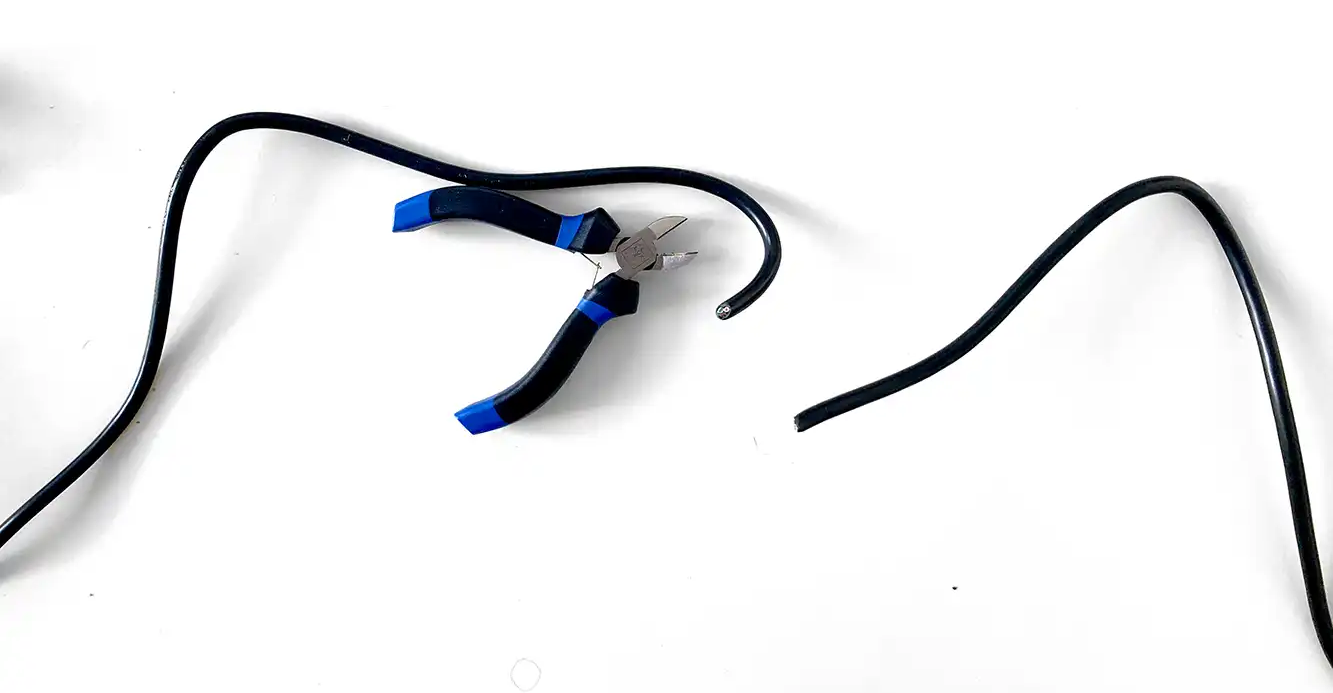
Sitting in the afternoon sun in the neighbourhood Buttes-aux-Cailles in Paris, I was eventually joined by a group of self-described locals for a conversation. They had lived there their entire lives. They were a group of friends – they referred to themselves as “strange birds”.
Buttes-aux-Cailles has had a long history of noise-related issues and politics in Paris. There is a strong resident association that has formed to contest and politicise noise issues; at one point, they had made it illegal for bars to open after 10pm, and removed the terrasses that line its main streets. Buttes-aux-Cailles is also an important neighbourhood in Paris for its nightlife and for tourism. And due to its narrow streets, where inhabitants live close to the terrasses, the neighbourhood becomes a kind of “reverberation chamber”. Voices amplify, mixing with the amplified music emitted from each of the bars, echoing off the facades of buildings, growing, layering, reverberating. It has since become an important neighbourhood for tackling noise issues in Paris too: a site for gaining knowledge and testing technologies. Its noise is under constant observation.
At one moment, one of the “strange birds” asked me what I was doing in Paris. I told him that I came to learn a little bit about its noise issues. Their eyes lit up. Laughing, they pointed the roof of the building across the street, at the corner. Hanging there, hardly noticeable and yet strangely visible, was what is called a Méduse (in English: Jellyfish), a technology developed by the noise observatory for the Île-de-France, to monitor and measure noise in particular neighbourhoods. The méduse is equipped with microphones and cameras to gather data about noise and its sources; some of that data is then presented through a public-facing website for residents in Paris to monitor their own noise situation. One of the strange birds laughingly told me that they are against these observation devices, monitoring them. They say it’s not good for them. It’s not good for the poets of the street, like them. Imitating scissors with their fingers: “snip snip”. Hinting, perhaps.
The next week, meeting an acoustician from the noise observatory, I’m told that one of their “méduses” went offline. The cables were cut.